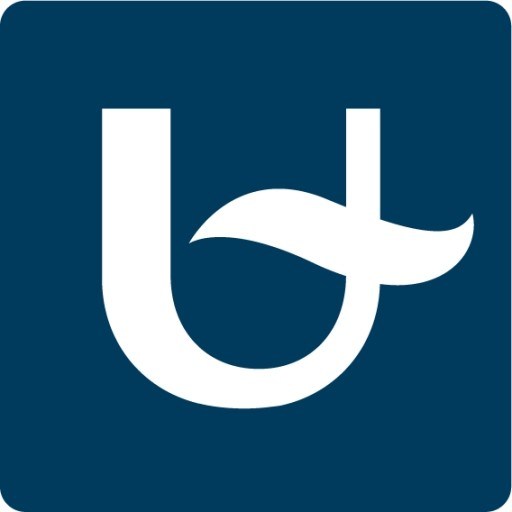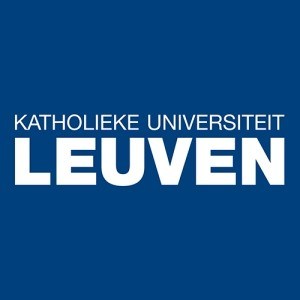Photos of university / #uantwerpen
Advanced Reactor Technology is a cutting-edge master's programme offered by the University of Antwerp, designed to prepare students for the complex and rapidly evolving field of nuclear engineering and reactor development. This programme provides an in-depth understanding of the scientific, technological, and safety aspects of advanced nuclear reactors, including innovative reactor designs, thermal-hydraulics, materials, and instrumentation. Students will explore the principles of nuclear physics, reactor mechanics, and the engineering challenges associated with the operation and regulation of next-generation nuclear systems. The curriculum emphasizes hands-on training through laboratory work, simulation exercises, and project-based learning, fostering practical skills alongside theoretical knowledge. Students will also examine the broader context of nuclear energy, including its role in sustainable energy systems, waste management, and environmental impact assessment. The programme is ideal for aspiring engineers and scientists seeking to contribute to the development of safe, efficient, and sustainable nuclear technologies, especially in areas such as nuclear safety, reactor design, and operational management. With a strong emphasis on innovation and research, students will have opportunities to collaborate on cutting-edge projects, engage with industry partners, and learn from leading experts in the field. Graduates of this programme will be well-equipped to pursue careers in research institutions, nuclear power plants, consultancy firms, or regulatory bodies, playing a vital role in shaping the future of nuclear energy infrastructure worldwide. The programme is taught in English and leverages the university’s strong connections with industry and research centres to ensure students are prepared for the challenges and opportunities in the advanced reactor sector.
- Electrochemistry
- Plasma technology
- Microreactor engineering
Requirements
- Applicants must hold a master’s degree
- TOEFL (Test of English as a Foreign Language): minimum score of 550 for the paper-based test or 79 for the Internet-based test. Information about this test is available at the TOEFL-website. IOB does not accept the TOEFL ITP.
- IELTS (International English Language Testing System): minimum score of 6.5 and a minimum score of 6.0 on each component. Information about this test is available at the IELTS-website.
- A copy of your valid passport or identity card/a curriculum vitae
- A motivation letter
- A legalised copy of your degree certificate (please read more information on legalisation)
- Applicants that are enrolled in the final year should submit an original and signed letter from their college or university confirming that they are expected to finalise the program at the end of the current academic year
- A copy of your academic transcripts, provided with a stamp of the university
Scholarships
- An assistant mandate - salaried assistant;
- An appointment to a research project that was requested by a promoter and subsidized assigned by internal (BOF) or external (international, national, regional, local) research resources;
- A personal doctoral fellowship (eg FWO-aspirant and analog mandates, IWT grant for strategic basic research, temporary mandate (opvangmandaat) of the Special Research Fund - BOF specific funds that grant scholarships);
The Advanced Reactor Technology programme at the University of Antwerp is designed to provide students with in-depth knowledge of modern nuclear reactor systems, focusing on innovative designs, safety protocols, and technological advancements in the field of nuclear energy. This programme aims to equip graduates with the skills necessary to contribute to the development, operation, and regulation of advanced nuclear reactors, including small modular reactors (SMRs) and Generation IV systems. The curriculum covers a range of topics such as nuclear physics, thermodynamics, reactor engineering, radiation protection, and nuclear fuel cycle processes. Students also gain practical experience through laboratory work, simulation exercises, and possibly internships within the nuclear industry or research institutions.
The programme emphasizes safety and sustainability in nuclear technology, preparing students to address current challenges in the energy sector, including decarbonization and the need for cleaner energy sources. Interdisciplinary courses integrate aspects of environmental science, policy, and project management to foster a comprehensive understanding of the role of advanced reactors in a sustainable energy future. The programme also encourages research projects and collaborations with industry partners to promote innovation and real-world application of theoretical knowledge.
Students enrolled in this program are expected to develop analytical and problem-solving skills, supplemented by a solid foundation in mathematics and engineering principles. The advanced reactor sector is highly regulated and constantly evolving, so training in regulatory frameworks, safety assessments, and risk management is a vital component of the curriculum. Graduates of the Advanced Reactor Technology programme at the University of Antwerp can pursue careers in nuclear power plant design, operation, maintenance, safety analysis, or continue their academic journey with postgraduate studies. The programme is tailored to meet the increasing demand for skilled professionals in the nuclear industry, supporting Belgium’s commitment to nuclear safety and innovation as part of its energy transition strategy.

